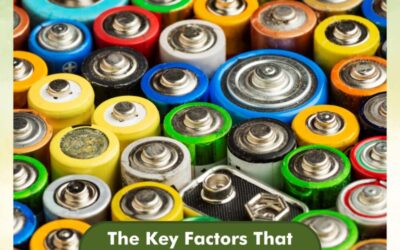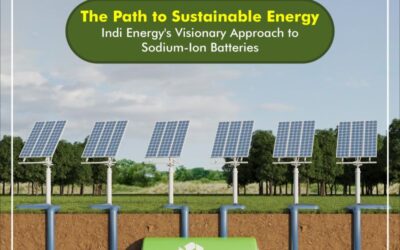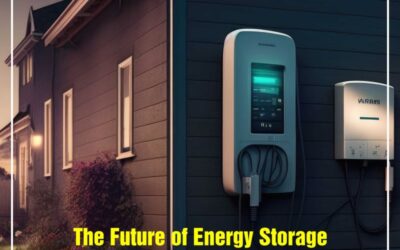
Ever wondered why big EV makers haven’t considered sodium-ion batteries? Well, you are in luck because Indi Energy is bringing you the answers!
We have often been asked, “Why have automobile manufacturers not considered sodium-ion batteries for their electric cars?” If this were a few years ago, the answer to that question would have been straightforward: Low energy density = big battery size. This explains why lithium-ion batteries have played such a pivotal role in the rapid growth of the electric vehicle (EV) market. Their high energy density, efficient power delivery, and proven reliability have made them the go-to choice for powering electric cars. However, as concerns about the environmental impact of lithium mining and extraction continue to escalate, it is becoming evident that a shift towards more sustainable alternatives is necessary. Enter sodium-ion batteries, a promising new solution that offers the potential to revolutionize the EV industry while addressing environmental concerns. And times are changing; JAC in China has just put out the world’s first EV powered by sodium-ion batteries.
What are the issues that kept EV makers from
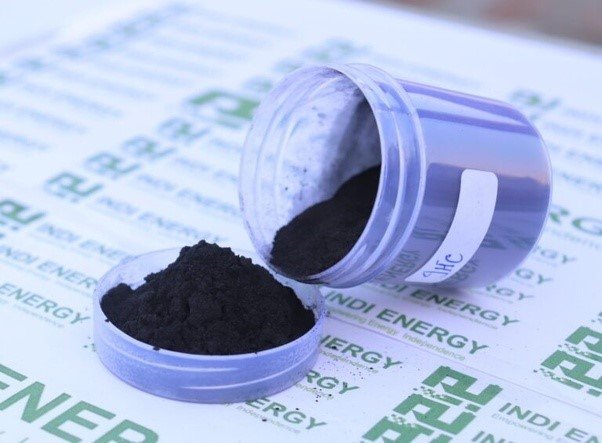
choosing sodium ion batteries?
Firstly, sodium-ion batteries have a low energy density, which means that if EVs had these installed in them, the size of the Na-ion batteries would have to be pretty big compared to lithium-ion batteries, adding more weight to the car.
Secondly, unlike lithium-ion batteries, which are at their peak in terms of power delivery and have been undergoing refinement and development for more than 50 years, sodium-ion batteries are in the early research and development phases. Look at CATL, which is planning to put out batteries that can reach 160 Wh/kg, and that’s just one instance. But for a new technology that is still undergoing R&D, it is very impressive!
Thirdly, lithium-ion batteries have undergone a series of tests to ensure their viability and safety (more on that below), and your sodium-ion batteries are just getting started. So, you can pretty much guess the picture!
And of course, we cannot ignore the supply chain that exists for lithium-ion batteries. Manufacturing infrastructure for sodium-ion batteries does not require huge investments, as fabrication of sodium-ion batteries can be carried out using the existing infrastructure for lithium-ion batteries, but we still need to establish a supply chain for sodium-ion batteries, which is already underway.
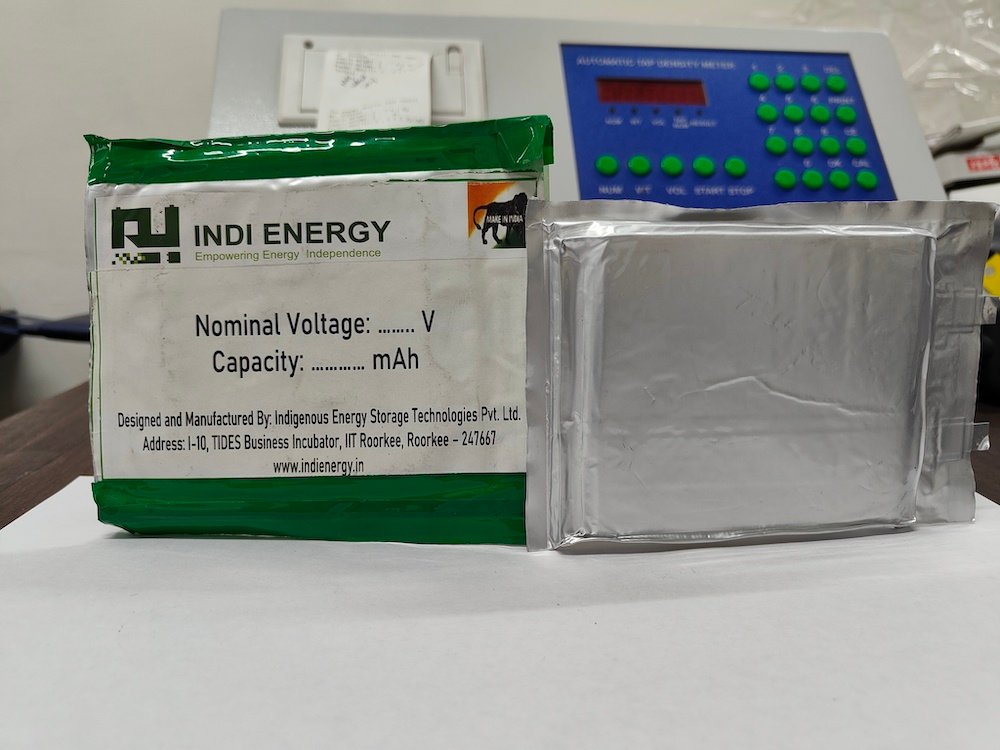
So what has changed? Why are sodium ion batteries gaining more prominence?
There are quite a few energy storage manufacturers that are close to starting the mass production of sodium-ion batteries. Take us, for example, Indi Energy. We are going to be starting the mass production of our Na-ion batteries, which are powered by the world’s highest-performing hard carbon that is made out of biowaste and agricultural waste. It took us a few years, but we are almost there. Indi Energy has addressed all of the issues that were preventing sodium-ion batteries from competing with lithium-ion batteries. The ball is now in the court of all these big EV makers; they need time to adapt to sodium-ion batteries, and once they do, the game is on!
Cheaper with Long cycle life, fast charging, and rapid discharge, along with a power density that is similar to the commercialized Li-ion batteries. But the biggest positive is that Indi Energy’s sodium-ion batteries are non-flammable! That’s right! Say goodbye to those pesky little lithium-battery fires that can spontaneously burst into flames for 2-3 days like this one. PS: It’s the Rimac Concept One, the world’s first electric supercar!
The environmental impact of lithium mining and extraction has become a growing concern, and rightly so! The EV market is going to change soon with sodium-ion batteries. With the recent developments, we are going to see more and more EVs with sodium-ion batteries! As they say, the story has just begun! So, hold onto your hats, and in the meantime, contact us for more information on how Indi Energy is empowering the world to become a green economy!

